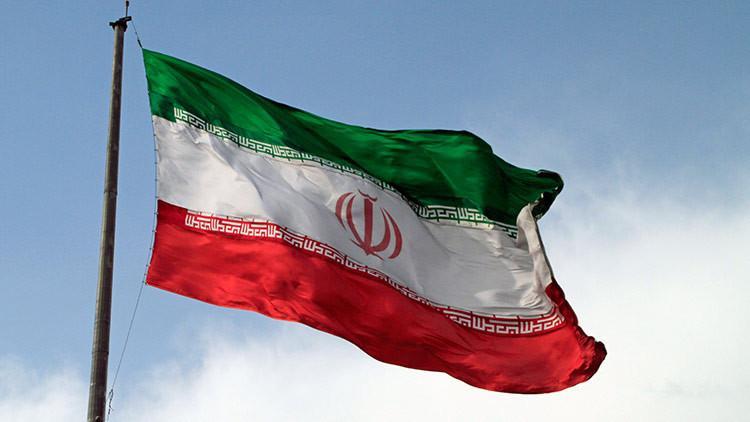Transition Day: Towards the insecurity
BELİZ ÖZPINAR

On October 18th, 2023, known as “Transition Day,” UN-based sanctions restricting the procurement of ballistic missiles and drones by Iran will expire. While some countries have chosen to uphold these sanctions on a national basis, it leaves Iran's nuclear program without any control mechanisms or legal authorities to address the situation. In a world of growing tensions, this is yet another brick falling from the crumbling arms control architecture.
The expiring UN sanctions are part of the Joint Comprehensive Plan of Action (JCPOA), put into place in 2015. Its objective was to dismantle the majority of Iran's nuclear program and allow for international control under the umbrella of the IAEA. In exchange, Iran would be relieved of crippling economic sanctions.
While it began smoothly, years have revealed the cracks in this treaty. The US withdrew from the deal in 2018, and while the Biden administration has been vocal about disarmament diplomacy, it has done little in practice. In response, Iran has consistently breached the deal by exceeding enriched uranium limits. Tehran continually causes trouble to international inspections trying to access its facilities. Several arms control experts criticize the "sunsets," foreseen dates to lift sanctions, as they see it as merely a “countdown clock” for the bomb.
In this case, Britain, France, and Germany, collectively known as the E3, have decided to retain sanctions related to ballistic missiles and nuclear proliferation. In short, they will enforce the expired UN-backed sanctions on behalf of their national authorities. This will leave these countries with fewer control mechanisms over Iranian developments and fewer legal authorities capable of addressing these activities.
The end of these restrictions will make it easier for Iran to procure missiles and drones. It will also lift sanctions against individuals and organizations related to the advancement of the nuclear program. Iran's developing ballistic missile program has been a security concern for the region for decades. A country in possession of nuclear arms in the Middle East is sure to disrupt the precarious balance of power in the region. The Gulf countries and Israel perceive Iran's stance as a direct security threat, and this animosity and constant security dilemma increase the risk of armed escalation.
This also underscores the risk of arms proliferation in the region beyond the nuclear arms race. Iran backs several religious militias in the region, including Hezbollah and Hamas. Many in the US criticize the economic relief provided by de-escalation tactics, as those funds are used to support these militias. While there is no evidence of Iranian involvement behind the recent terrorist attacks in Israel, Hamas receives support from Tehran, involving missile in various battlefields. The lifting of these restrictions will make it easier for Iran to export terror in the region.
Sanctions have limited influence over Iranian decisions. The Iranian leadership tends to withstand economic pressure. Maintaining "maximum pressure" backfires if the sanctions aren't enforced. In fact, it serves the narrative of an independent country fighting for its sovereignty. Iranian leaders use the rhetoric of hypocrisy to justify their threats, reacting accordingly to breaches of commitment, and leaving the Nonproliferation Treaty.
This situation reveals the shortcomings of the arms control architecture. Multilateralism in arms control enforcement is failing, with superpowers often favoring bilateral treaties. With the JCPOA, parties involved continue to prioritize their individual interests. Russia, which receives Iranian drones on its Ukrainian front, does little to evoke sanctions, and China continues to invest in Iranian oil.
Arms control treaties lack enforcement mechanisms. The JCPOA didn't foresee a mandate for international action against Iranian weaponization, relying on a voluntary commitment from Iran not to pursue nuclear weapons. The IAEA depends on the goodwill of the country to allow inspections and provide truthful information. The Nonproliferation Treaty has no obligatory control over nuclear states' military activities. While "loose" treaties may incentivize more states to commit to certain obligations, they don't ensure legal binding.
Transition Day serves as a reminder that we live in a profoundly insecure world. Even with many challenges ahead, arms control must be revived and revisited.
*Beliz Özpinar, candidate for a master’s degree in political science at the University of Montreal.
















